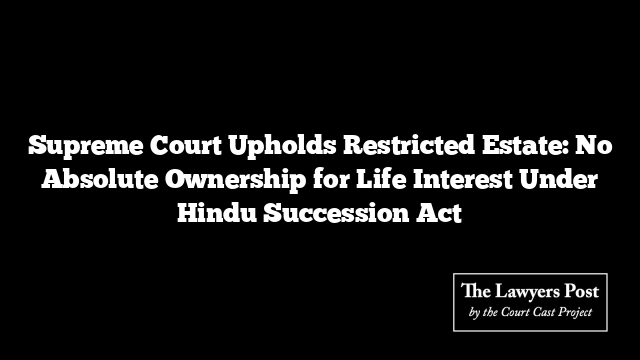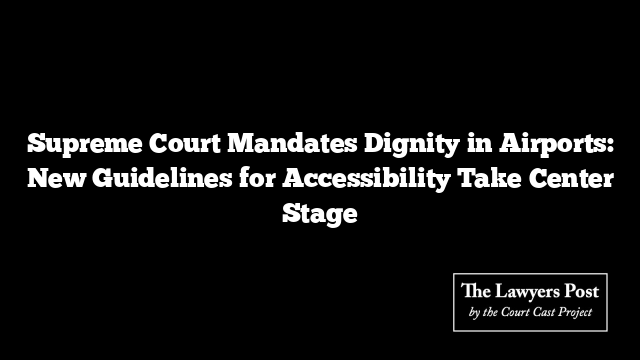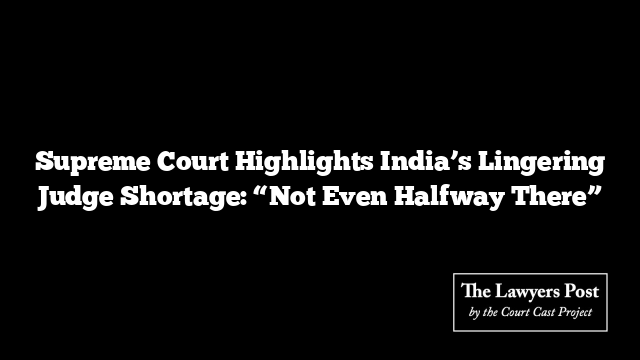The Supreme Court has clarified the limits of Section 14 of the Hindu Succession Act, 1956, ruling that a Hindu woman granted only a life interest in property cannot claim absolute ownership under Section 14(1). This decision solidifies the distinction between absolute ownership arising from pre-existing rights and the restricted estate defined under Section 14(2).
The ruling arose from a dispute over 3.55 acres of land, where the defendants contended they inherited the property through a will left by their mother, Smt. Veerabhadramma. The bench, comprising Justices CT Ravikumar and Sanjay Karol, dismissed this claim, emphasizing that the 1933 partition deed only granted her a life interest, precluding her from transferring absolute ownership.
Key Legal Distinction
Section 14(1) of the Act transforms a woman’s possession of property into absolute ownership if it stems from pre-existing rights, including maintenance. However, Section 14(2) stipulates that when the deed explicitly restricts ownership to a life interest, such rights remain limited. The Court found that Smt. Veerabhadramma’s rights, defined in the 1933 partition deed, were purely a life interest, barring any claim to absolute ownership.
Case Background
The plaintiff-respondent sought partition of the land upon Smt. Veerabhadramma’s death, asserting her limited interest in the property. The trial court agreed, ruling that her rights never converted into absolute ownership. The High Court upheld this verdict, prompting the defendants’ appeal to the Supreme Court.
The apex court echoed the lower courts, concluding that Smt. Veerabhadramma’s restricted estate under Section 14(2) of the Act remained intact, rendering her ineligible to transfer the property by will.
Court’s Observations
The judgment underscored that property granted in lieu of maintenance transforms into absolute ownership under Section 14(1). However, this principle applies only when the woman holds pre-existing rights, which were absent in this case. The partition deed explicitly stated that the land would pass to other heirs after her lifetime.
By reinforcing this distinction, the Court validated the partition of the land among legal heirs and dismissed the defendants’ appeal, bringing finality to the decades-long dispute.





